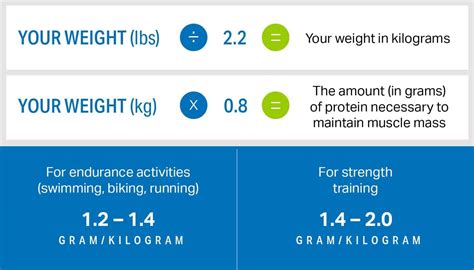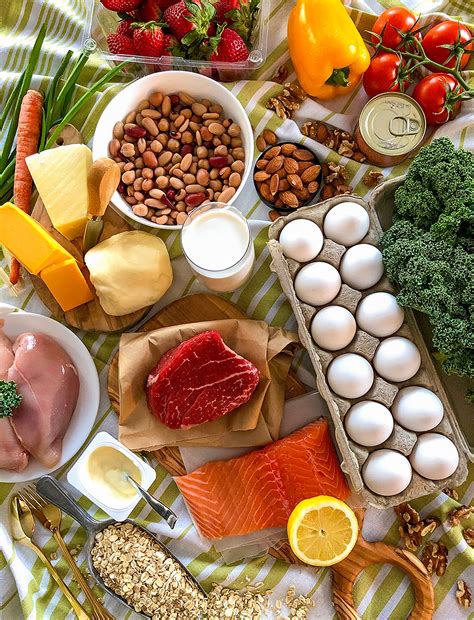What’s the optimal daily protein intake for men seeking peak muscle growth & recovery?

Understanding Protein’s Pivotal Role in Muscle Development
For men dedicated to achieving peak muscle growth and efficient recovery, protein isn’t just another macronutrient; it’s the fundamental building block. From repairing microscopic tears in muscle fibers after an intense workout to fueling the synthesis of new muscle tissue, protein is indispensable. Yet, navigating the sea of advice on optimal daily protein intake can be daunting, leading many to wonder exactly how much they truly need to unlock their full potential.

The Science Behind Muscle Protein Synthesis
Muscle protein synthesis (MPS) is the process by which your body creates new muscle proteins, effectively building and repairing muscle tissue. To maximize MPS, a consistent supply of amino acids – the smaller components of protein – is essential. Resistance training stimulates MPS, but without adequate protein, the body cannot capitalize on this anabolic window. For men, who naturally have higher testosterone levels and larger muscle mass potential than women, optimizing protein intake is even more critical for hypertrophic gains.
Establishing the Optimal Range: Grams Per Kilogram of Bodyweight
While general dietary guidelines often suggest around 0.8 grams of protein per kilogram of body weight for sedentary adults, this figure is insufficient for men actively pursuing muscle growth. Extensive research and meta-analyses consistently point to a significantly higher requirement for strength-training individuals. The consensus among sports nutritionists and exercise scientists typically falls within the range of 1.6 to 2.2 grams of protein per kilogram (g/kg) of body weight per day. For example, an 80kg man would aim for approximately 128-176 grams of protein daily.
Some studies even suggest that during periods of caloric deficit (e.g., cutting phase), protein intake can be beneficial at slightly higher levels, up to 2.4-2.7 g/kg, to preserve lean muscle mass.

Factors Influencing Your Individual Protein Needs
It’s important to remember that the “optimal” intake isn’t a one-size-fits-all number. Several factors can modulate your specific protein requirements:
- Training Intensity and Volume: The harder and more frequently you train, the greater your muscle breakdown and subsequent need for repair, thus demanding more protein.
- Body Composition Goals: If you’re in a caloric surplus aiming to build muscle (bulking), 1.6-2.2 g/kg is usually sufficient. If you’re in a caloric deficit trying to lose fat while preserving muscle (cutting), a slightly higher intake (e.g., 2.0-2.4 g/kg) can be beneficial.
- Age: As men age, there can be a phenomenon known as “anabolic resistance,” meaning older muscles require a bit more protein to stimulate MPS effectively. Older men might benefit from the higher end of the recommended spectrum.
- Current Body Fat Percentage: Recommendations are often based on lean body mass, especially for individuals with a higher body fat percentage. Calculating based on target body weight or lean body mass can be more accurate.

The Importance of Protein Distribution and Source Quality
Beyond the total daily amount, how you distribute your protein intake throughout the day can also play a role in maximizing MPS. Spreading your protein intake across 3-5 meals, with each meal containing at least 20-40 grams of protein, can provide a more continuous supply of amino acids to your muscles. Post-workout protein consumption is particularly beneficial for recovery and initiating repair processes.
The quality of your protein sources also matters. Complete proteins, found in animal products like meat, poultry, fish, eggs, and dairy, contain all nine essential amino acids. Plant-based proteins, while often incomplete, can be combined throughout the day to ensure a full amino acid profile. Excellent sources include legumes, tofu, tempeh, quinoa, nuts, and seeds.

Debunking Myths and Practical Application
A common misconception is that high protein intake can harm the kidneys. For healthy individuals with normal kidney function, there is no scientific evidence to support this claim. However, it’s always wise to stay well-hydrated.
To practically implement these recommendations, consider tracking your protein intake for a few days to get an idea of your current consumption. Then, gradually adjust by adding protein-rich snacks or increasing portion sizes of protein at meals. Protein supplements, like whey or casein, can be convenient tools to hit your targets, but the foundation should always be whole, unprocessed foods.

Conclusion: Fueling Your Gains Wisely
For men striving for peak muscle growth and rapid recovery, an optimal daily protein intake is non-negotiable. Aiming for approximately 1.6 to 2.2 grams of protein per kilogram of body weight, distributed strategically throughout the day, and sourced from a variety of high-quality foods, provides the robust nutritional support needed to build, repair, and strengthen your physique. Listen to your body, adjust based on your training and goals, and consistently fuel your muscles for success.








